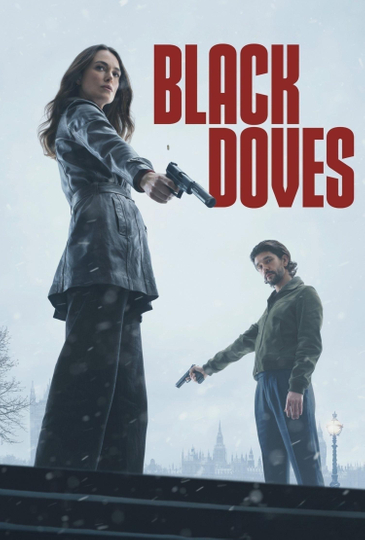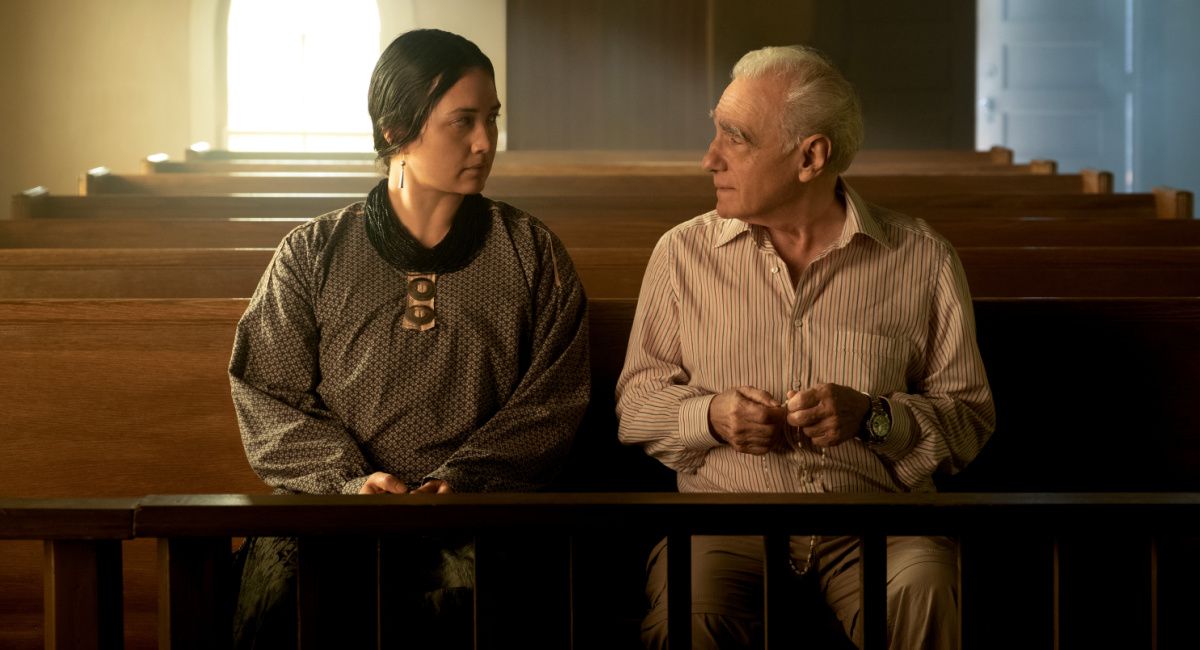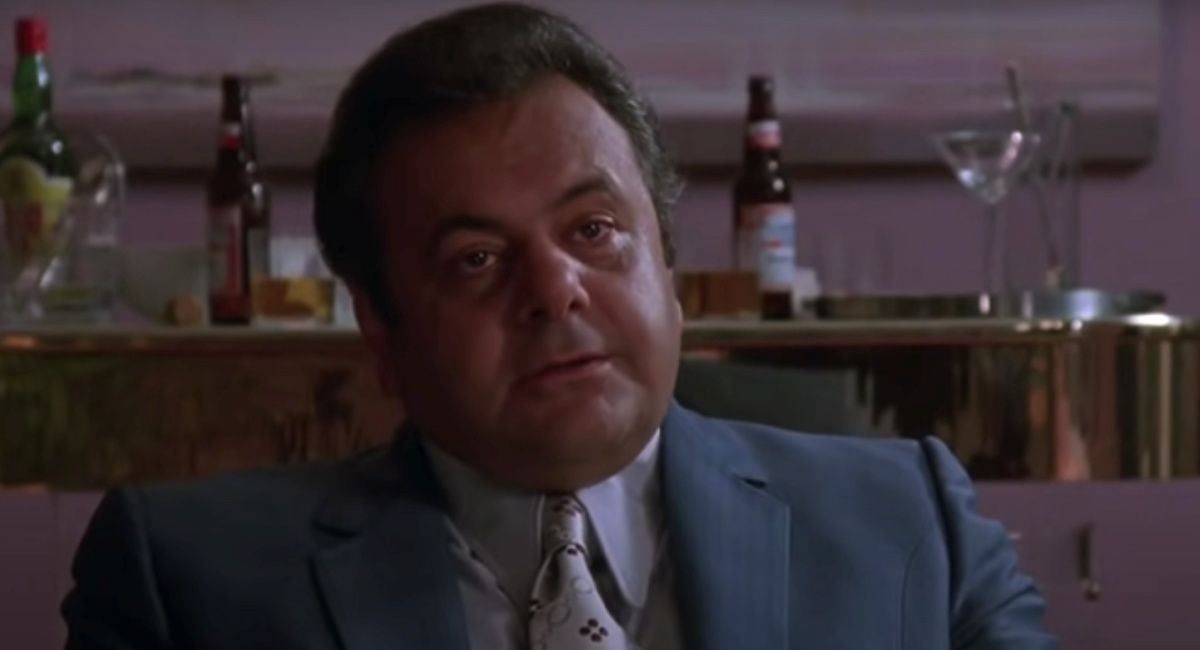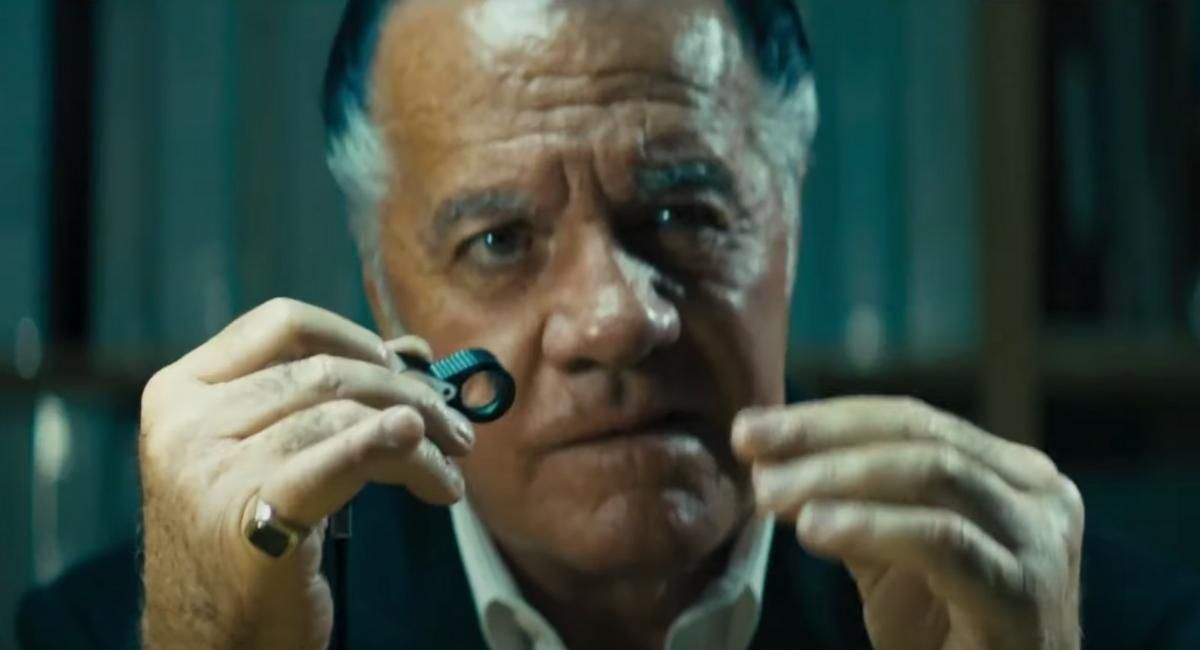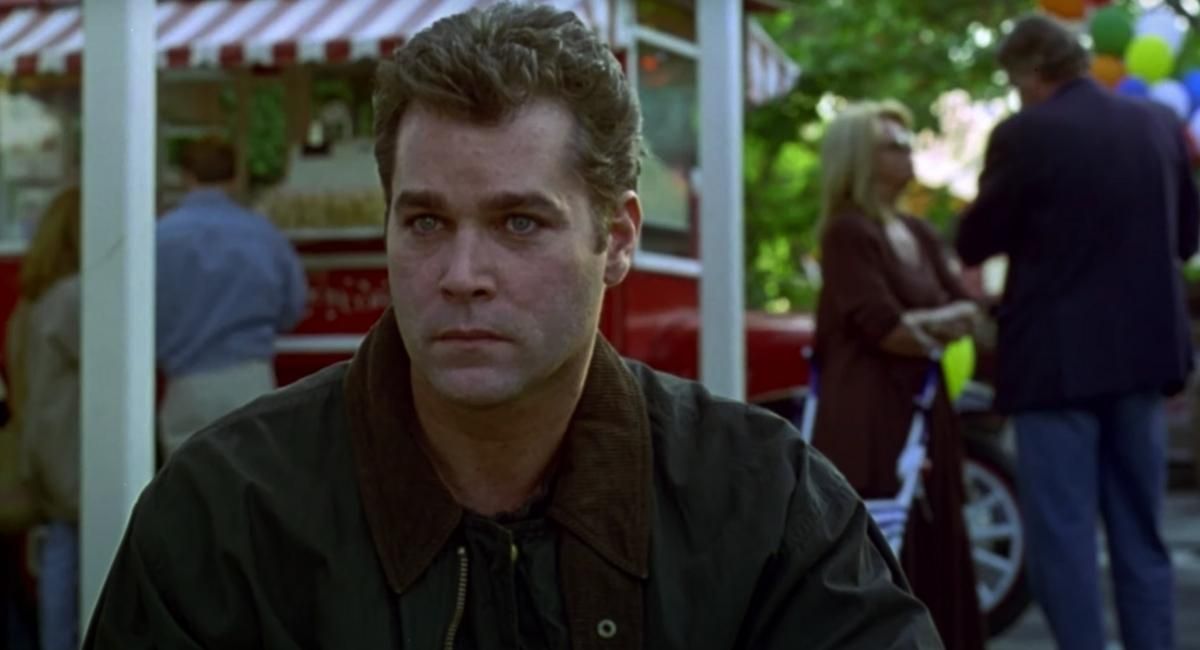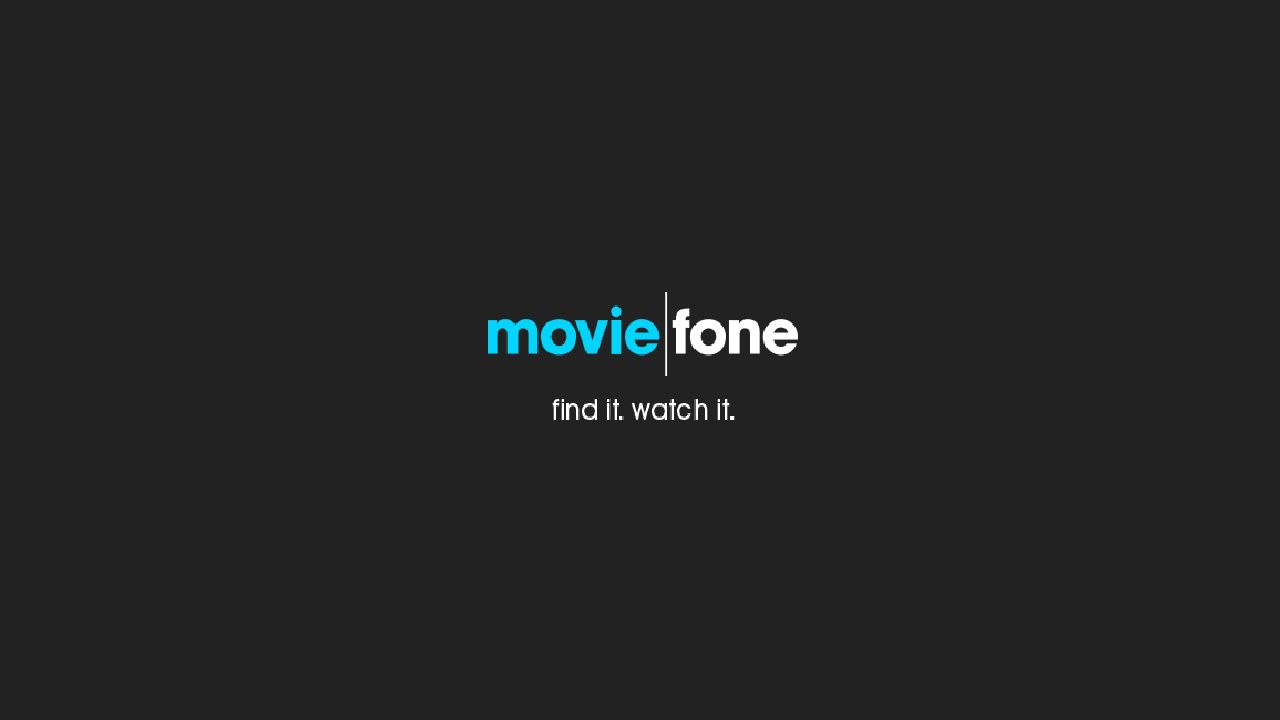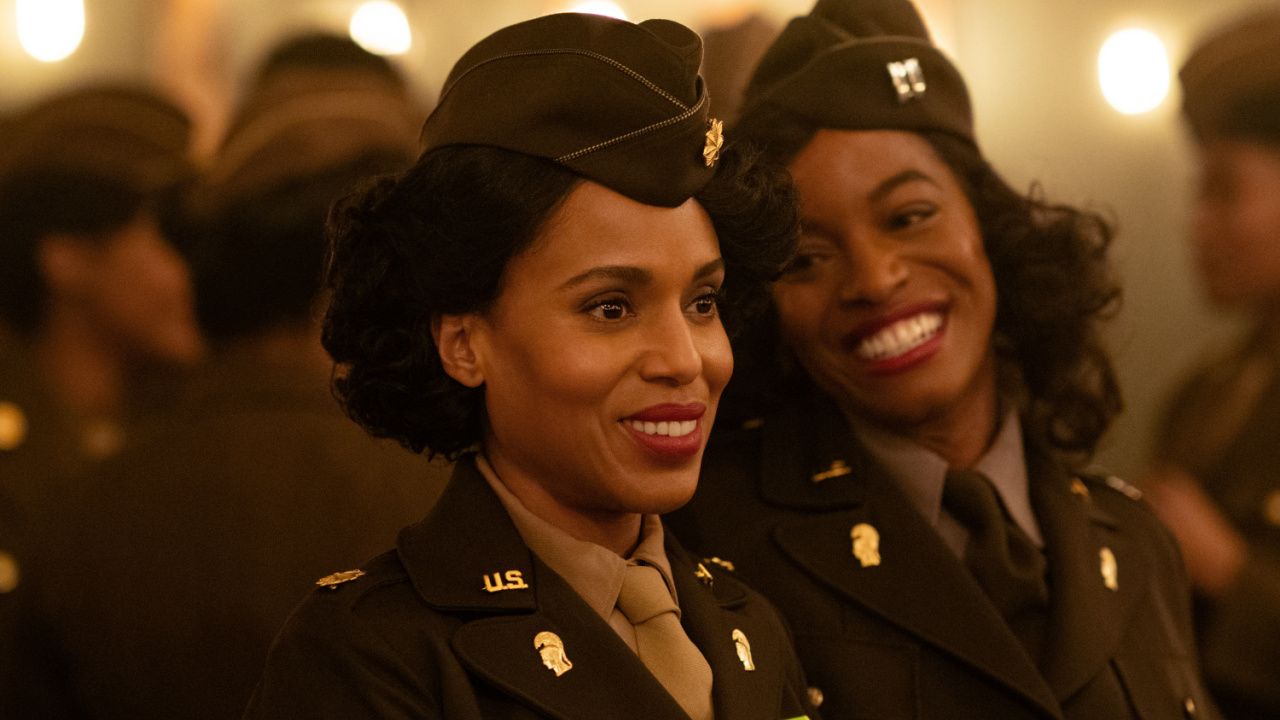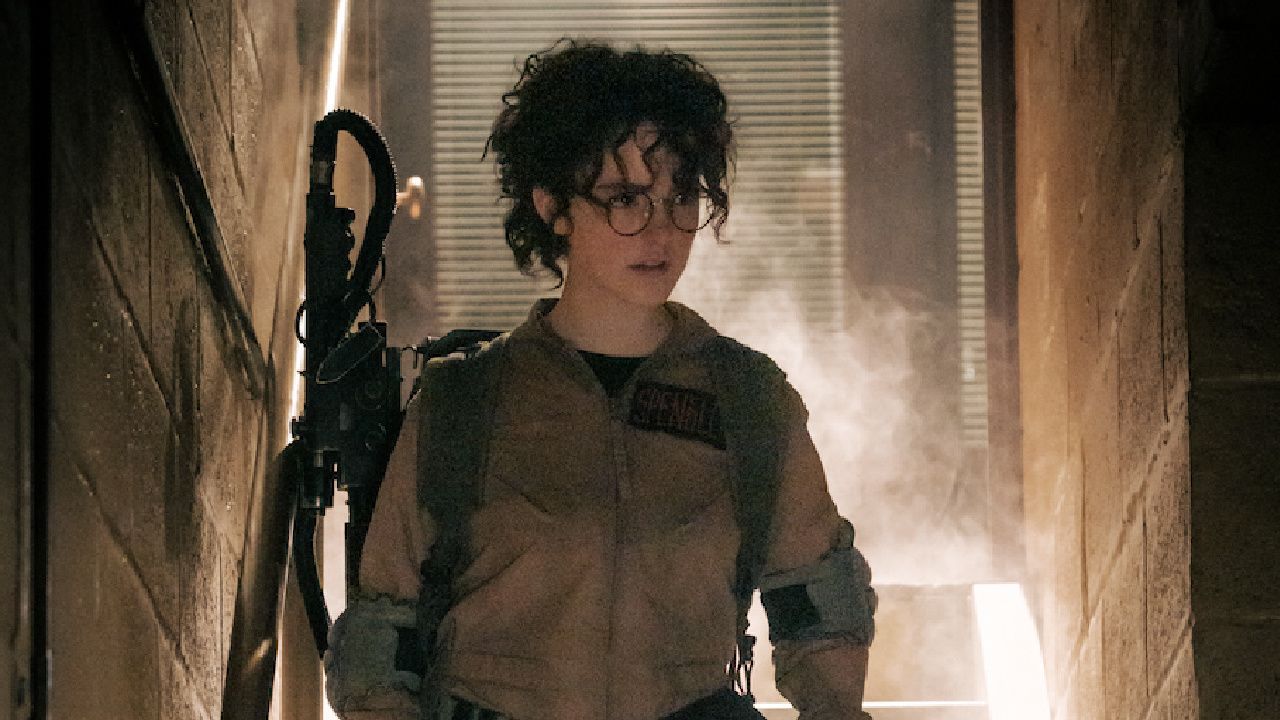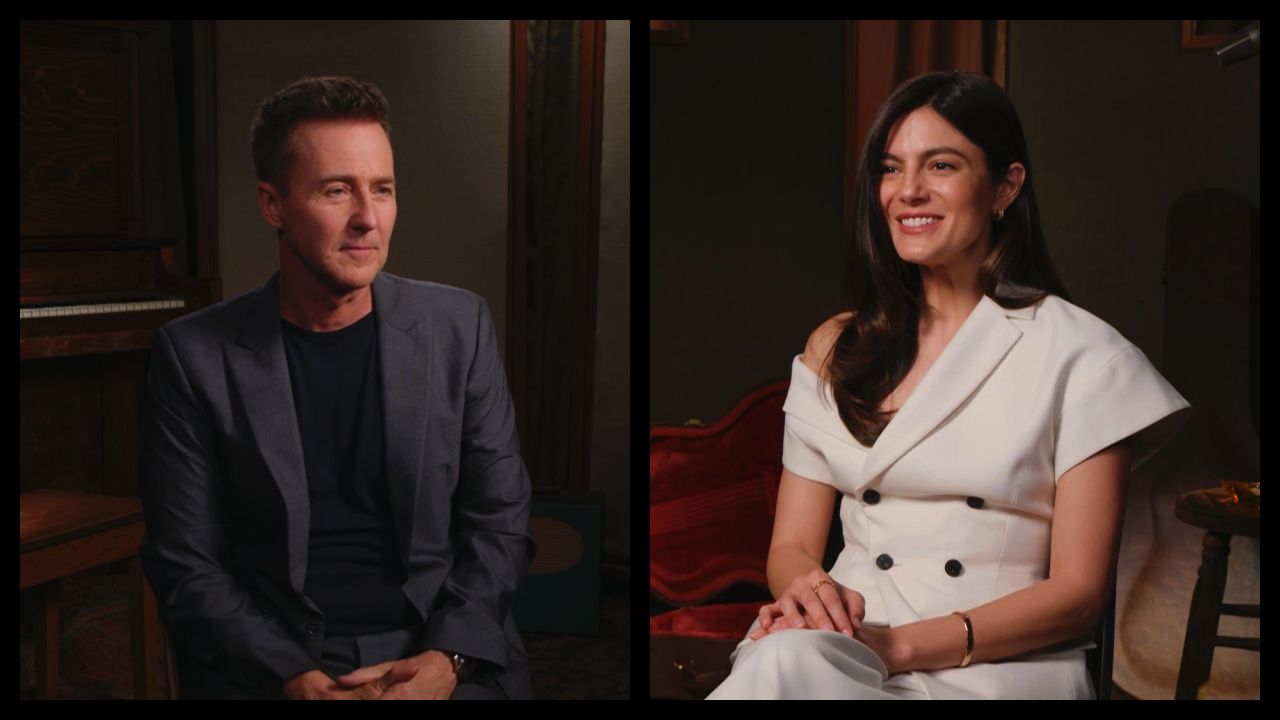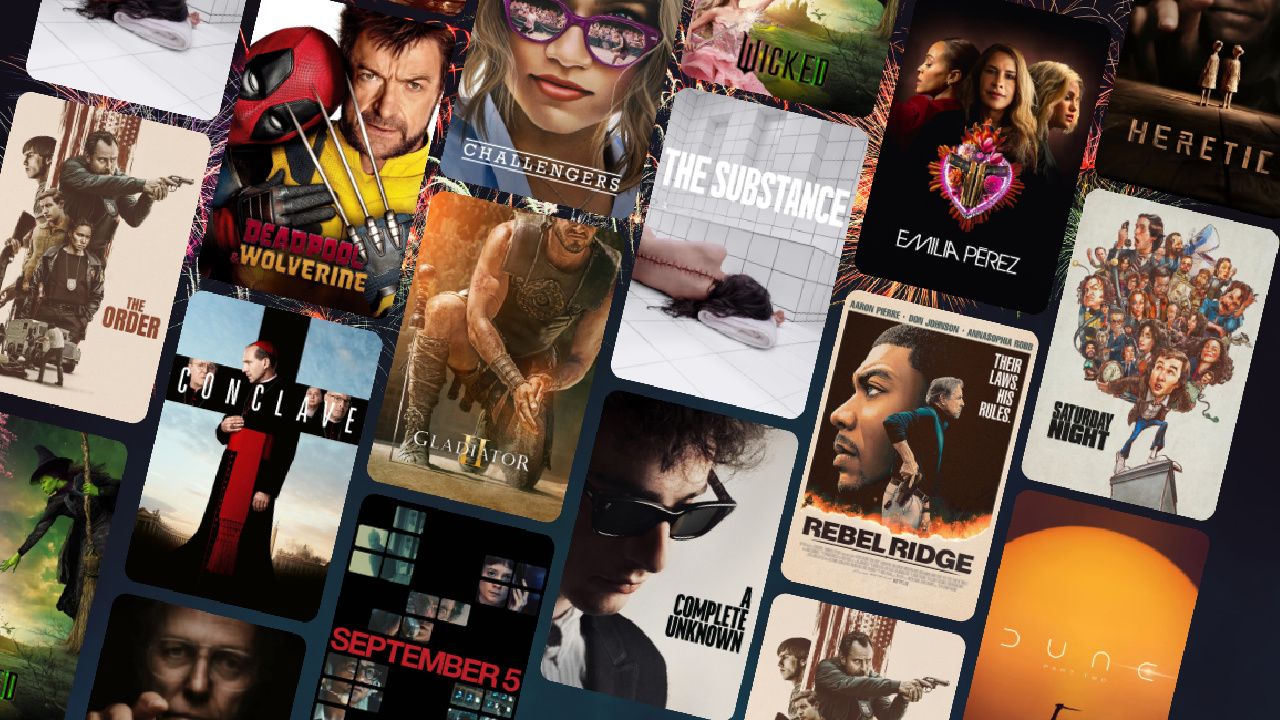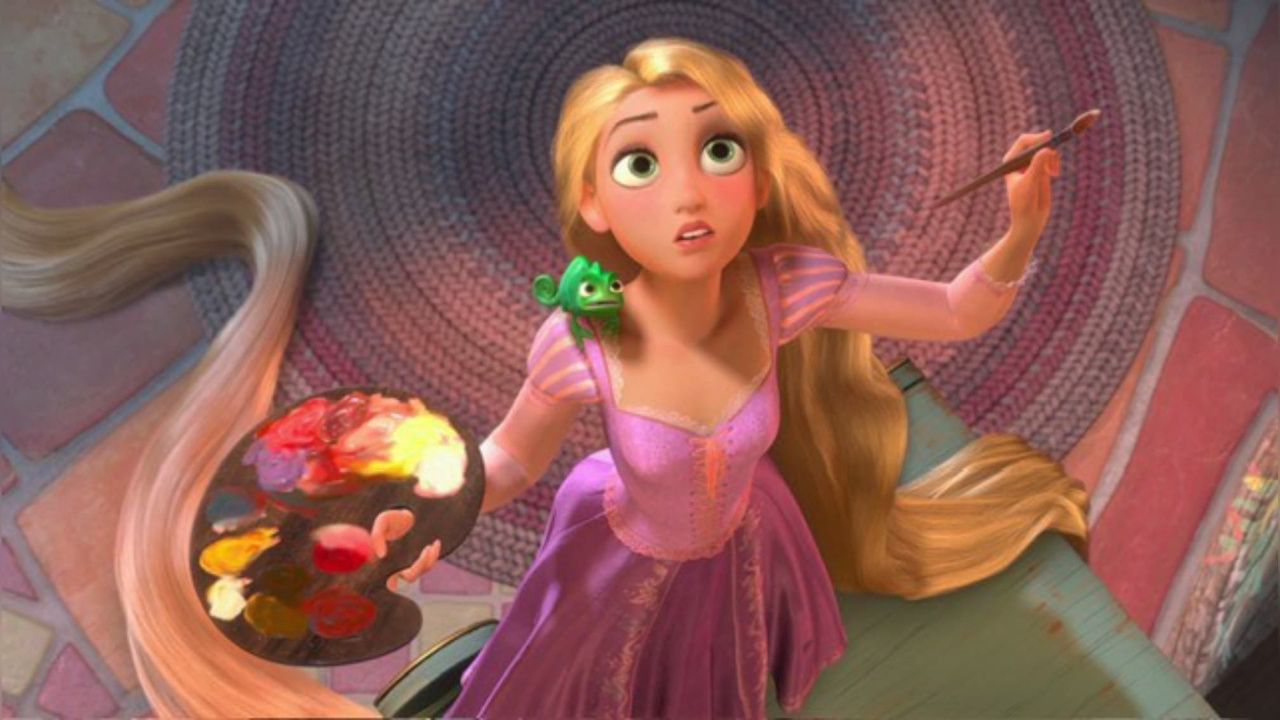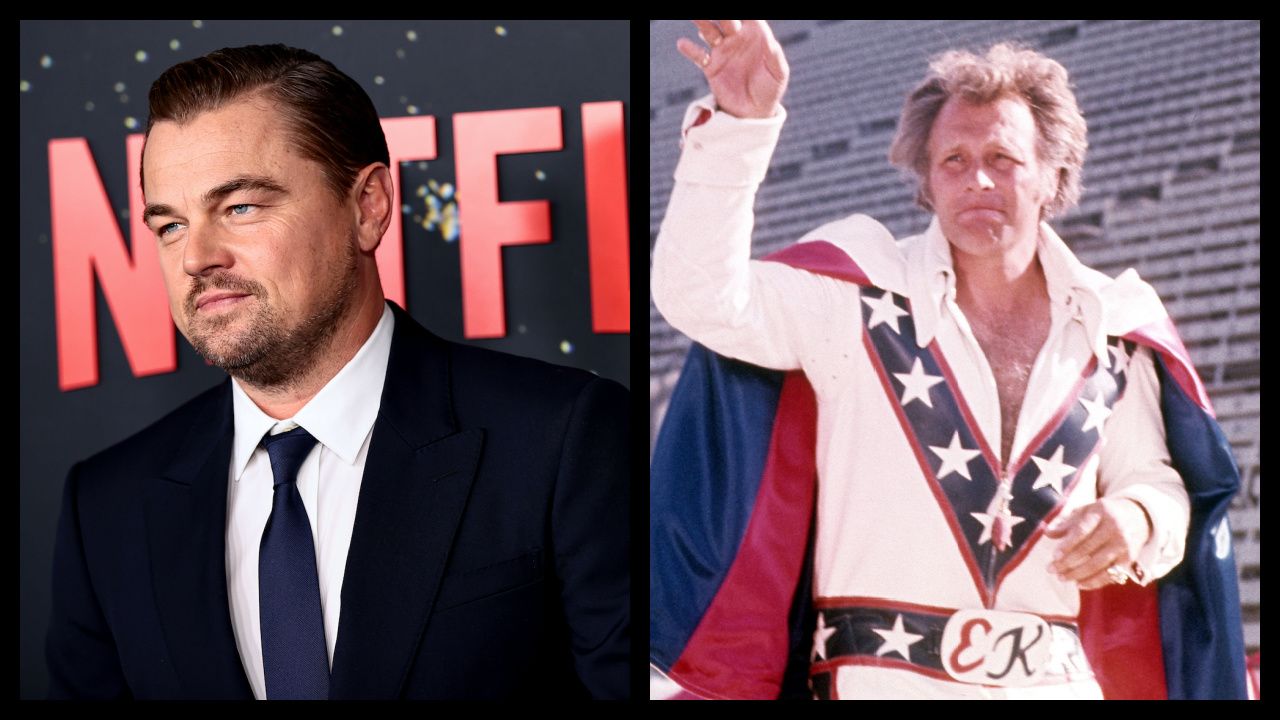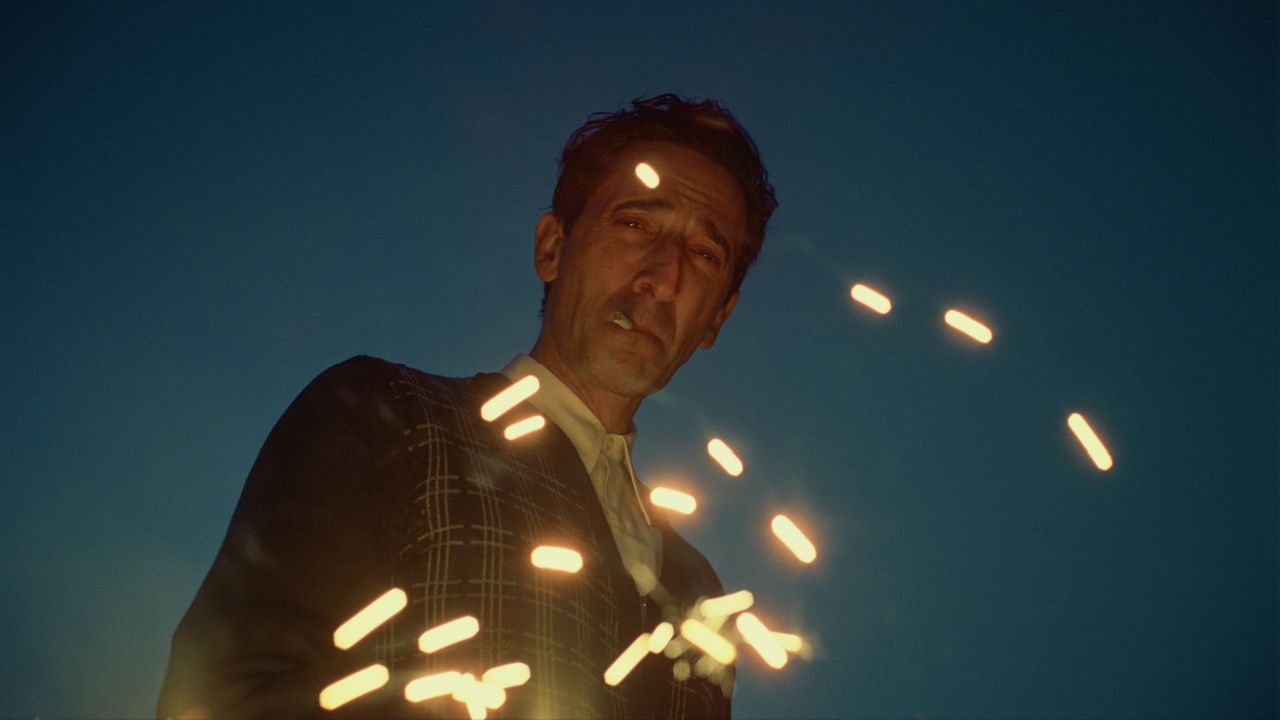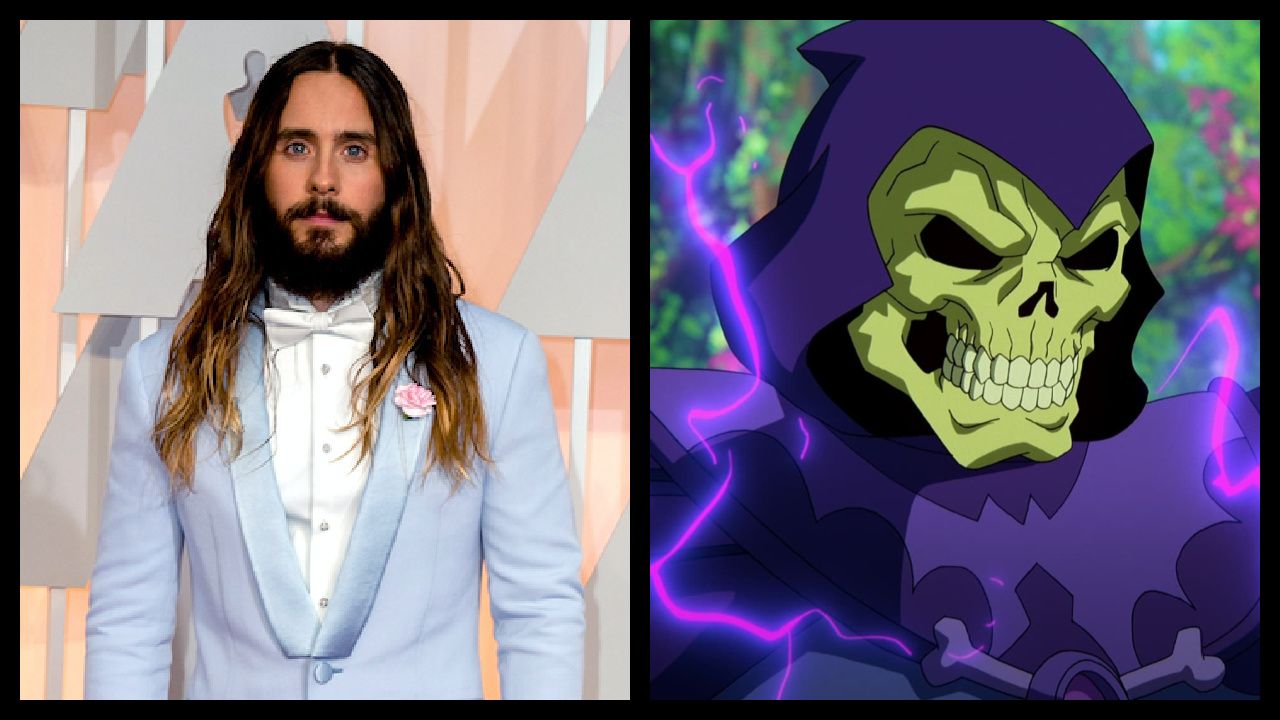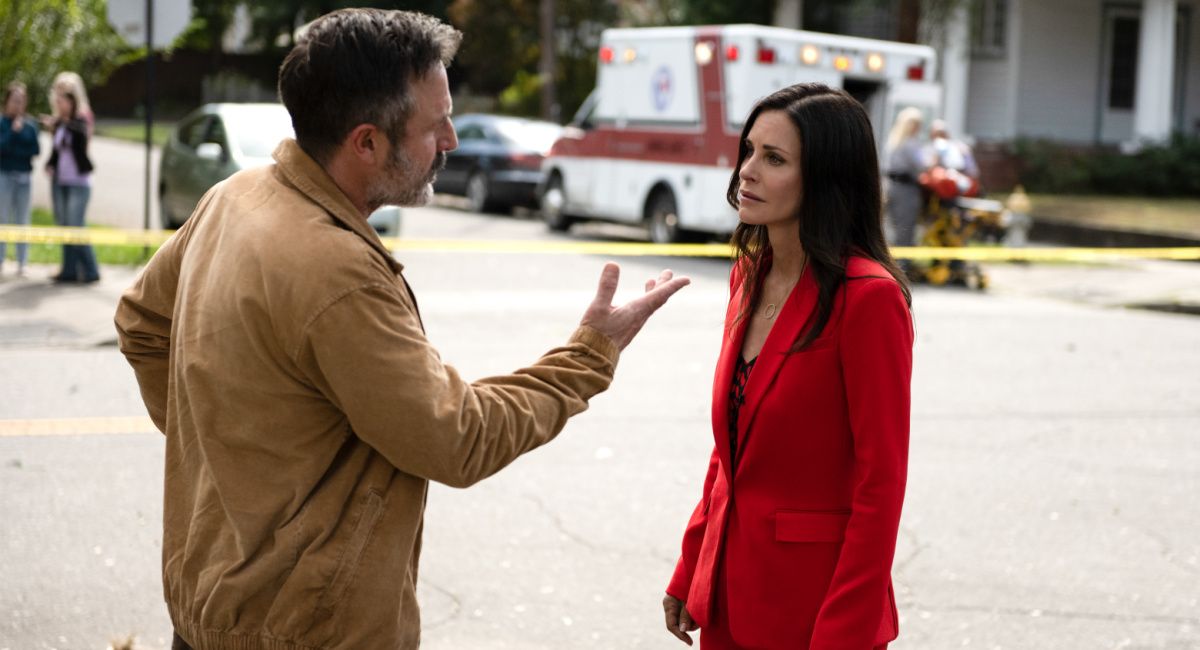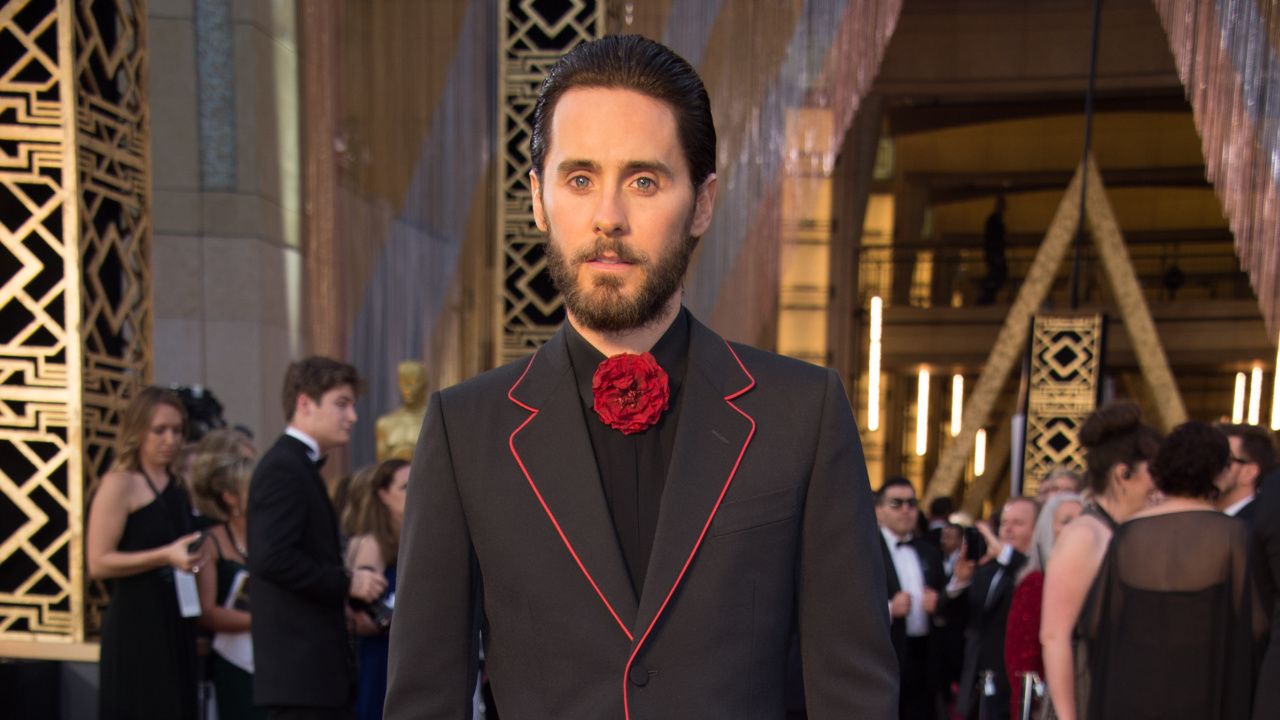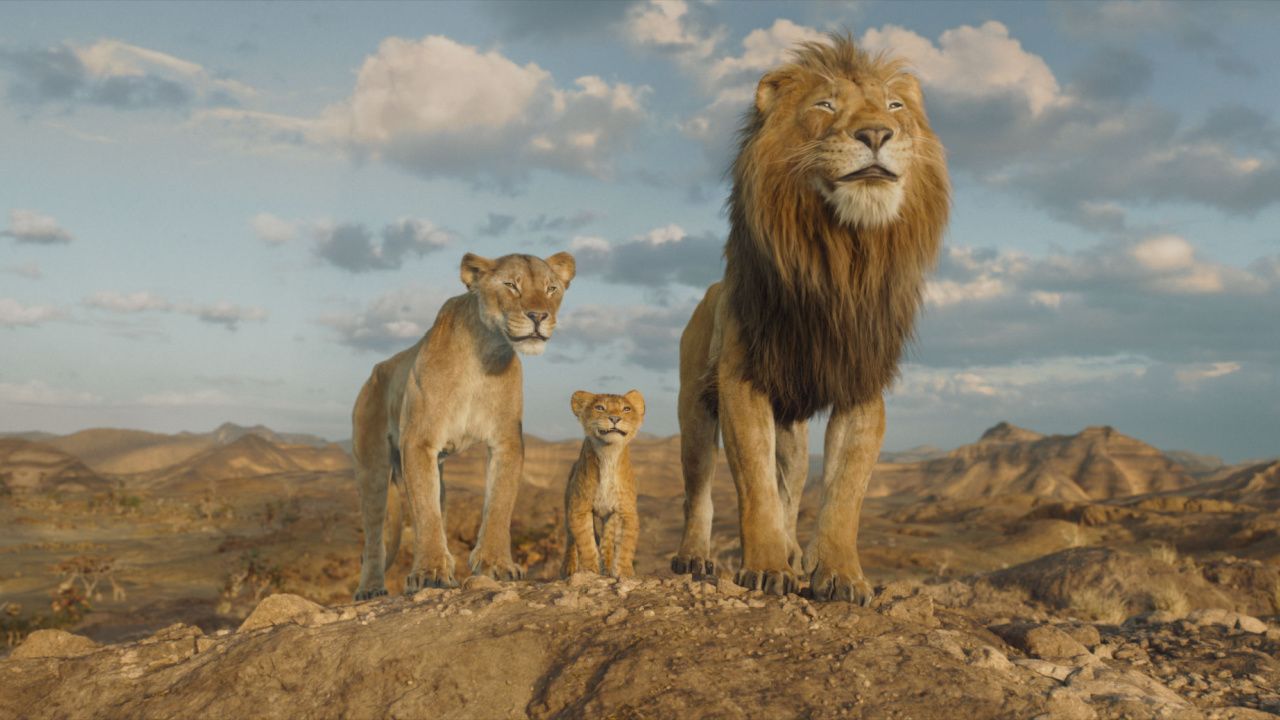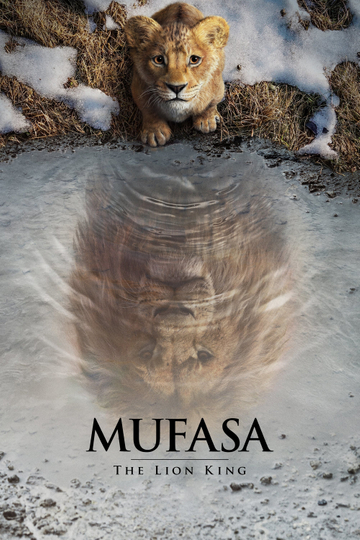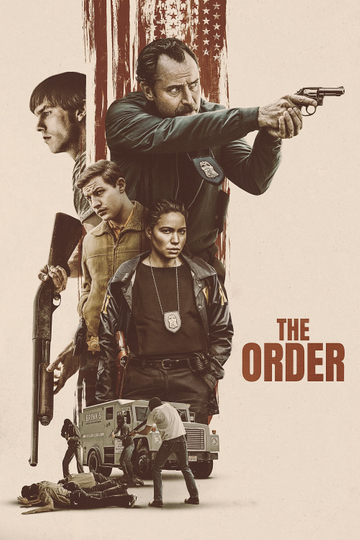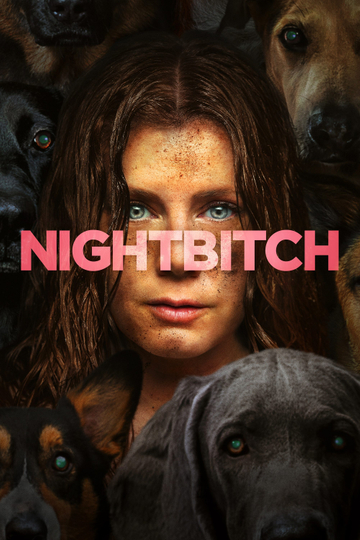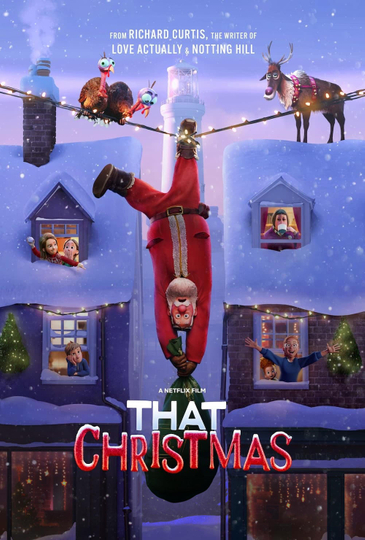Martin Scorsese's Top Rated Movies
Somewhere in the world right now, there is a terrible actor delivering a monologue.
He wears a cheap suit with the polyester shirt collar over the jacket and affects a New York accent, even though he's from a small suburb just outside of Des Moines. He's going to tell you all about life on the streets, and you better believe there will be a prop cigarette involved. And if you're lucky, maybe he'll break out the rubber gun for "shock" value.
For this actor, you can thank Martin Scorsese. It's not really Marty's fault, though; it's not that he forced struggling actors into bad De Niro impressions, it's just that his films have had such an impact on what we think when we hear the word "movies" that we're bound to dip into "too much of a good thing" territory sometimes. Be thankful that no matter how many Scorsese imitators the decades have spawned, you can always cleanse your palate with these bona-fide classics.
'Mean Streets' (1973)
By 1973, the 31-year-old Martin Scorsese's vision had enough time in the oven to really nail down his signature Scorsese recipe -- and that recipe was called "Mean Streets." It had everything you want from a Scorsese flick: A complex antihero lead, more Italian crime drama than a Sicilian prison, impressively long takes, and even the unforgettable use of a Rolling Stones song. And with that song -- "Tell Me," for the record -- entered one Robert De Niro. The combo worked so well, Marty and Bobby would go on to do eight more movies together.
Without "Mean Streets," you wouldn't have Scorsese as you know him. And without "Mean Streets," you wouldn't have "Goodfellas," which itself topped Rolling Stone's reader list of the best Martin Scorsese movies in 2015. Good thing Little Italy was so messed up in the '70s.
'Taxi Driver' (1976)
If the world only has room for one Martin Scorsese movie in the vault when the zombie apocalypse hits, that movie should be "Taxi Driver." A few years of mainstream success gave Scorsese the freedom to stretch out a bit for his fifth feature, so "Taxi Driver" gets a lot more meditative -- in a psychotic sort of way -- than its precursors. What it really likes to meditate on, though, is New York City. When you think of the gritty, neon porno-haven that was NYC in the '70s -- a place that seemed 90 percent made up of muggers, pimps, crooks, and cops -- you think of "Taxi Driver." And moviegoers haven't stopped thinking of "Taxi Driver" for going on 40 years.
'Raging Bull' (1980)
Crime, New York, Italian-American culture, and Robert De Niro are Scorsese's four food groups, but in 1980, "Raging Bull" taught us that Marty likes a heaping helping of real-world characters for dessert -- he'd later prove that with reality-based tales like "Casino," "The Aviator," and "The Wolf of Wall Street." Though "Boxcar Bertha" waded in the biopic kiddie pool, "Bull" dove in head-first with the true story of brutal, dynamic, and ultimately tortured middleweight boxer Jake LaMotta. More than the fights, it's the combo of brilliant character study and powerhouse performances that makes "Raging Bull" a movie for the ages -- Scorsese added Joe Pesci to his cinematic stable, and De Niro's 60-pound body transformation is so dramatic, gaining weight for a role became something between a cliche and a "serious actor" litmus test. Eat your heart out, Christian Bale.
Note: If you're reading this, Christian Bale, that was joke. Don't eat your heart out. Really not necessary this time.
'The Departed' (2006)
You've probably noticed a theme on this list, because you're super smart. These films all sort of represent milestones for Scorsese, the birth of a new Scorsesian chapter in film. And on that note, though 2006's "The Departed" didn't exactly start a chapter, it encapsulates everything that makes 21st-century Scorsese great. It's led by Leonardo DiCaprio -- who's creeping up on De Niro's record with five collaborations under his belt -- it swaps out the Rolling Stones for the Dropkick Murphys, and it heralded the era of Marty actually winning Oscars. That's right: After decades of snubs, he finally took home Best Director in 2007. This is Scorsese 2.0.
Sources







